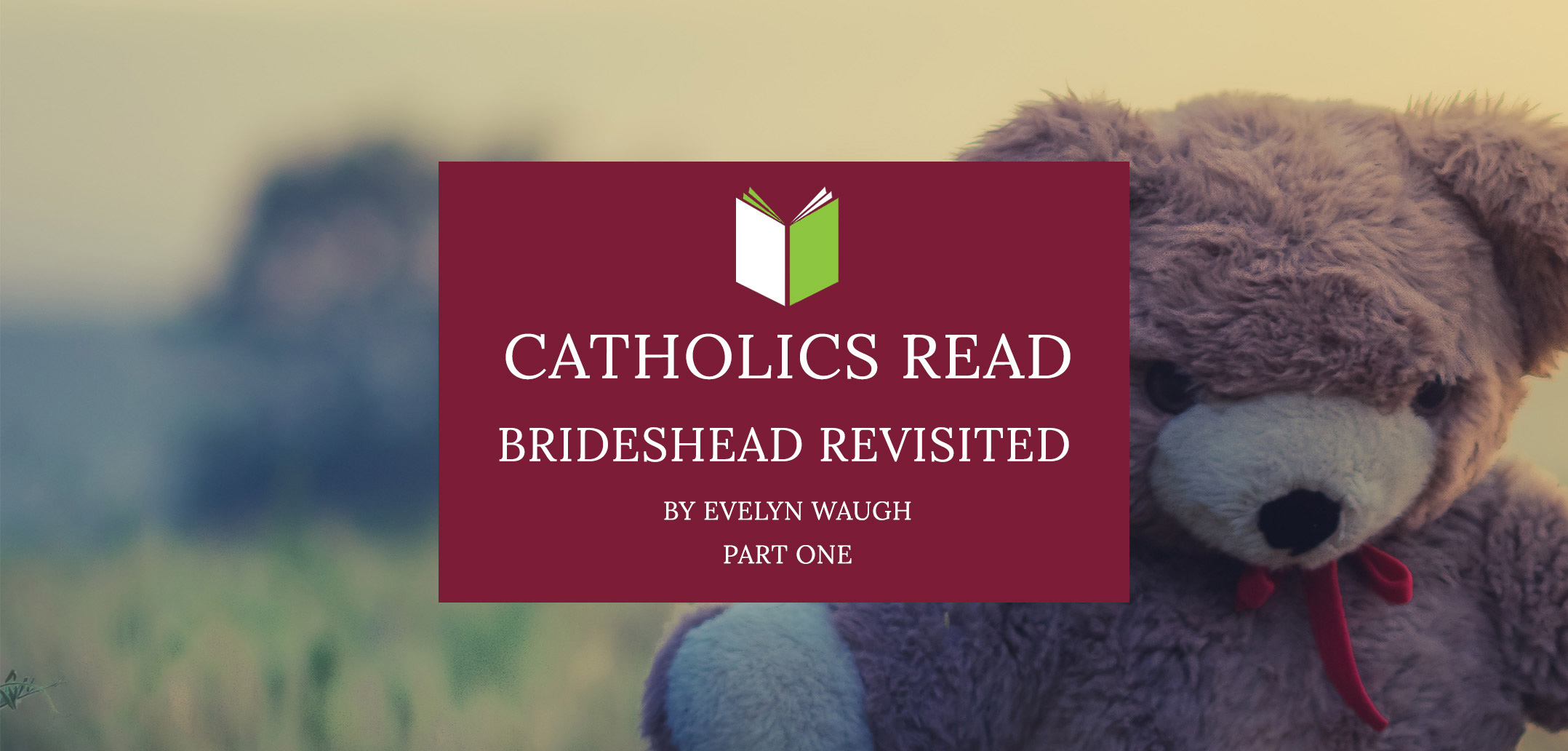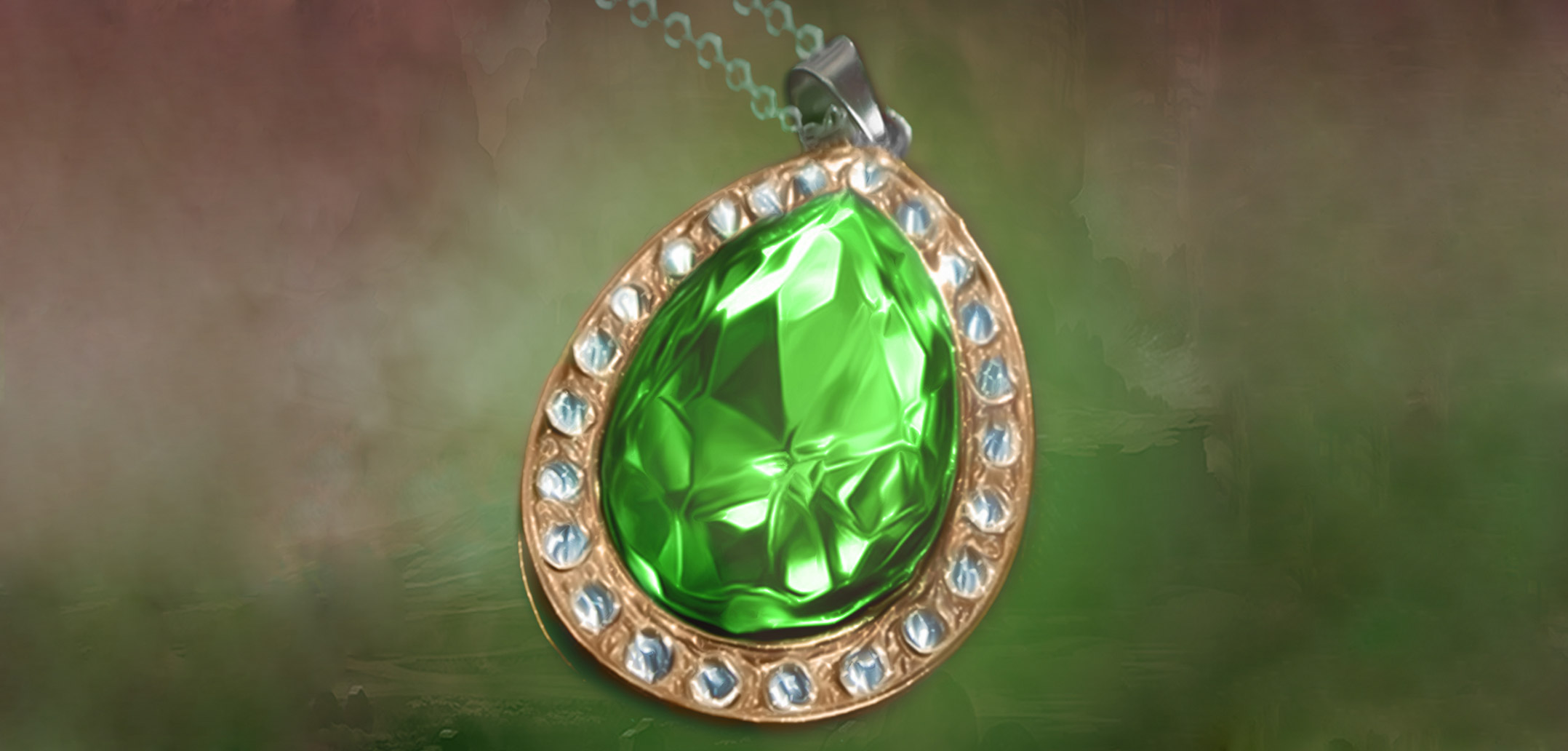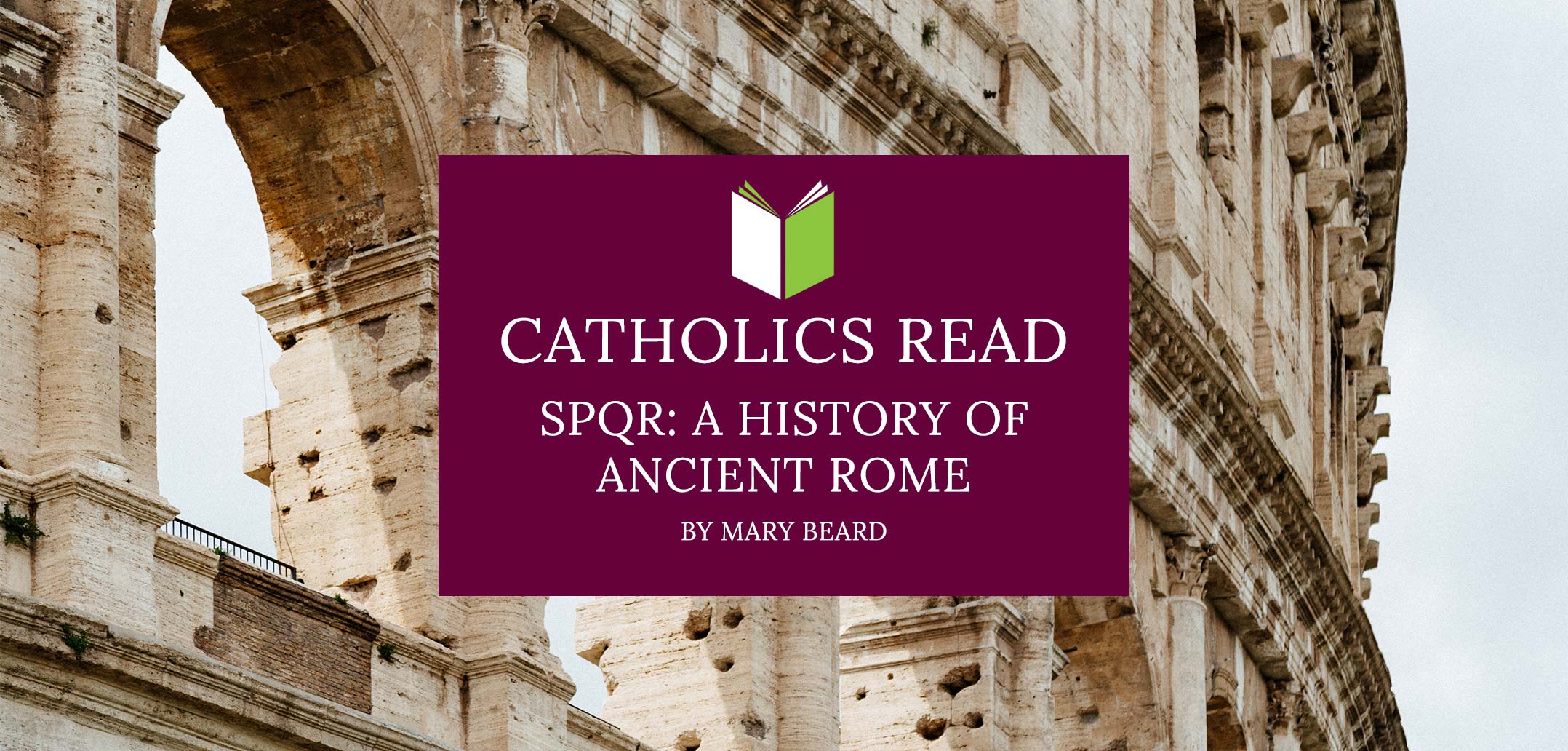Luke & Victoria explore Evelyn Waugh’s Brideshead Revisited, discussing the book’s strange hope amidst a series of disasters and its demonstration of “gritty grace”.
Download this episode (right click and save)- Subscribe and give a nice rating to the Catholics Read podcast on iTunes.
- Like, follow and share us on Facebook, Twitter and Instagram
- Donate or join our Friends of Cradio






1 Comment
Hello, I enjoyed your discussion and wanted to share a few thoughts, especially in relation to the last few minutes of the conversation. I first encountered B.R. about 6 years ago when I watched the disastrous 2008 film. I read the book just a few days after that, and I have read it 8-10 times since then. I have also seen the grand ITV mini-series from the early 1980s. I have read a number of books about B.R. and Evelyn Waugh, and I continue to scour the internet from time to time looking for related materials (which is how I stumbled on your podcast – from America).
There are number of levels from which a reader may enjoy and appreciate B.R. Perhaps the most obvious level consists of the recollections of a “homeless, childless, middle-aged, and loveless” disillusioned soldier (Charles Ryder) who fondly recalls a period of his life when he felt fully alive, despite the many disappointments and heartaches he experienced during his long association with the Marchmains. Most people can relate to the nostalgia Charles experiences as he remembers the Arcadian summer when he and Sebastian had Brideshead to themselves. Even if we have not lived the particulars of that summer of that idyllic summer – sipping wise old wines, sunbathing on the opulent roof, plucking orchids for our buttonholes, or admiring the sun-drenched charms of Venice from a gently bobbing gondola – we have likely all shared in its essence.
Obviously, Waugh had something grander and more spiritually significant than mere nostalgia. He even said at one time that his theme consisted of “the operation of divine grace on a group of diverse but closely connected characters.” The entire book, every character, every scene, and every exquisitely crafted sentence, hammers home this theme. The inherent emptiness of a decadent and outwardly sophisticated world is shown in sharp relief against the relentless, indefatigable love of God that surrounds and pursues us every step of the way. I think the most important ‘clue’ in the whole book is the quote from a Father Brown story which Lady Marchmain reads on the night when Sebastian’s family realizes the extent of his ‘dipsomania’: “I caught him with an unseen hook and invisible line which is long enough to let him wander to the ends of world and still to bring him back with a twitch upon the thread.” So important is this idea, Waugh uses it as the heading for the novel’s dramatic resolution (A Twitch Upon the Thread). God does not so much allow ‘bad things’ to happen to us; Waugh seems to have believed, rather, that God allows us to choose – “to wander to the ends of the world” should we desire it – all the while knowing we have not and cannot wander so far as to be beyond the grace of God.